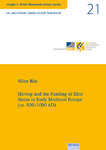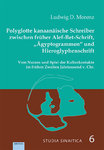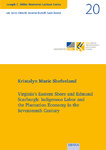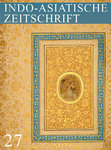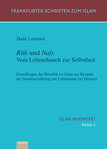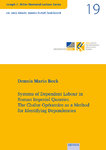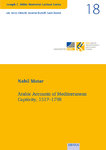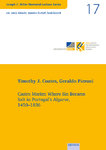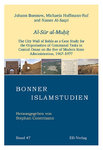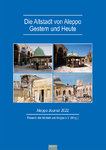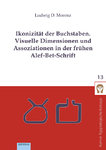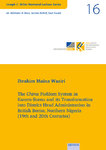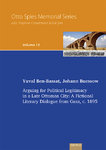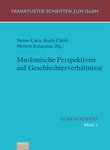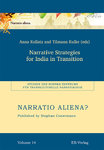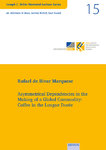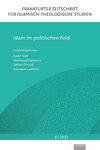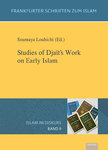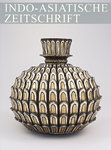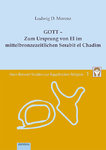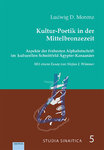Verlag für Wissenschaft und Praxis
- ISLAMWISSENSCHAFT
- ISLAMISCHE STUDIEN
- JOSEPH C. MILLER MEMORIAL LECTURES SERIES
- ASIENWISSENSCHAFT
- ARCHÄOLOGIE ALS KULTURWISSENSCHAFT
- RELIGIONSWISSENSCHAFT
- RELIGIONSPÄDAGOGIK
- GESELLSCHAFT UND KIRCHE
- KIRCHE UND GEMEINDE
- GESUNDHEIT UND KRANKHEIT
- KINDERGARTENPÄDAGOGIK
- OPEN ACCESS
- Neuerscheinungen
- In Vorbereitung
- News
- E-Books
- Einzelkataloge
Categories OPEN ACCESS Reihe: Joseph C. Miller Memorial Lecture Series Vol. 4: From “Little Better than Slaves” to “Cowskin Heroes”: Poor White People in Jamaica, 1655–178
Vol. 4: From “Little Better than Slaves” to “Cowskin Heroes”: Poor White People in Jamaica, 1655–178
Artikel-Nr.: ISBN 978-3-86893-397-033 pages, paperback,
14,8 x 21,0 cm, 2021
Hier können Sie die Publikation als
CC BY-NC-ND 4.0-Lizenz herunterladen:
DOI: https://doi.org/10.53179/9783868933970
The principal axes along which seventeenth and eighteenth-century Jamaica divided were those of colour and of freedom. By the late eighteenth century, it became axiomatic that all Protestant whites were free and that all blacks were either enslaved or marked out for discriminatory action as a result of not being white. But this situation was new: before the Seven Years’ War and the trauma of Tacky’s Revolt in 1760, a considerable proportion of the white population was unfree, including many indentured servants and, before 1718, convicts. This article estimates the numbers of unfree whites before the 1760s, allows as far as sources allow some voice to these poor whites, and examines their status as unfree people in a society increasingly oriented around principles of white supremacy. Over time, the political and economic position of ordinary whites dramatically improved as the principles of white racial superiority took hold in the last quarter of the eighteenth century. It meant that the people somewhat derisively called ʻcowskin heroes’ due to their penchant for lording it over enslaved people were in the ascendant as the principles of white racial superiority took hold as the foundations of social, economic and political order in the island.
The Author
Trevor Burnard is Wilberforce Professor of Slavery and Emancipation at the University of Hull and Director, the Wilberforce Institute. He is the author of 8 monographs, 3 edited books, 4 collections of articles and nearly 100 articles and book chapters on Atlantic history, imperial history and the history of plantations societies in the British Atlantic world in the seventeenth and eighteenth centuries. Among his major works are Jamaica in the Age of Revolution (2020); The Plantation Machine: Atlantic Capitalism in British Jamaica and French Saint Domingue (2016); Planters, Merchants and Slaves: Plantation Societies in British America, 1650–1820 (2015); and Mastery, Tyranny, and Desire: Thomas Thistlewood and His Slaves in the Anglo-Jamaican World (2004).



